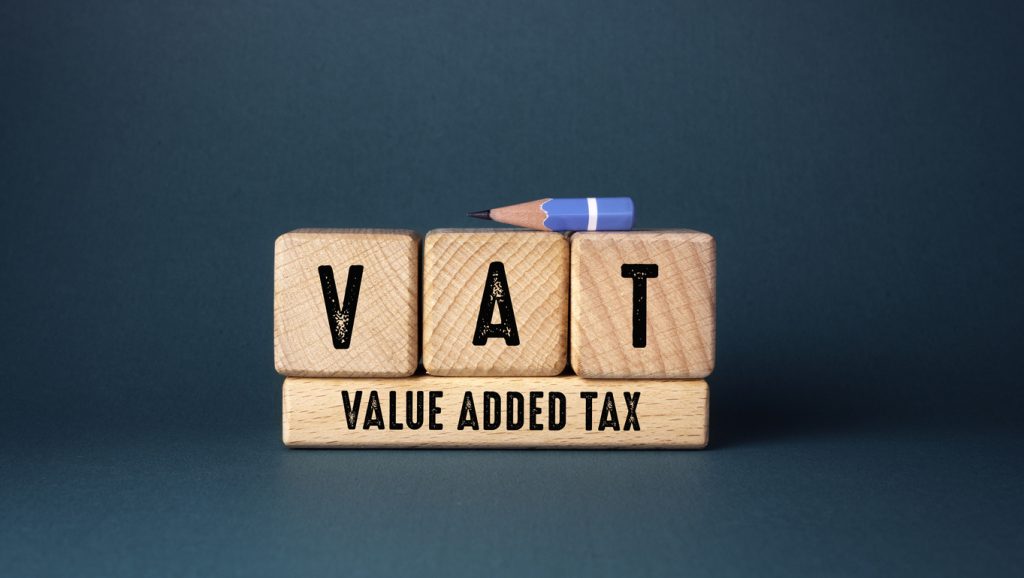
Get in Touch
Our team of accountancy experts are available to speak to you as soon as possible. You can also email us or complete the contact form and one of the team will be in touch.
Income Tax is a tax that you pay on your regular earnings. For example, working as an employee, working as a self-employed contractor, earning rent, etc. However, you do not necessarily have to pay this tax on all types of income.
Currently, the UK basic income tax rate that most people are taxed is 20%. This increases to 40% for your earnings above £50,270 and to 45% for earnings over £125,140.
You only have to pay Income Tax on the income above your Personal Allowance, which is a tax-free allowance that everyone in the UK has. In the 2023/2024 tax year, the Personal Allowance is £12,570.
You pay Income Tax on things like:
- Money you earn from employment
- Profits you make if you’re self-employed
- Some state benefits, such as Job Seekers Allowance
- Most pensions, including the state pension
- Rental income
- Interest from savings over the savings allowance
- Income from a trust
Other types of earnings are taxed differently, for instance, if you buy an asset and sell it for a profit, then you pay Capital Gains Tax instead. You don’t add these earnings together as they have their own tax rates and allowances.
Frequently Asked Questions
-
I already pay PAYE, do I need to do anything else about my Income Tax?
Nope! If you earn less than £100,000 per annum and pay tax via PAYE, you are already sorted and your income tax is being taken automatically from your wages before they even reach you.
-
Do I have to pay Income Tax on tips?
If you earn £2500 from other untaxed income, such as tips or renting a property, you will need to register and file a Self Assessment tax return.
Search More Terms
View our latest news & insights






